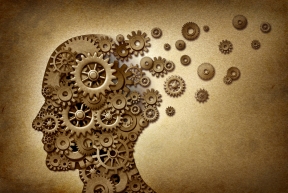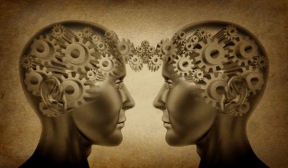
You may get better at creative problem solving as you age, new research suggests.
Researchers reviewed more than 100 studies on problem solving and aging that were conducted from 1960 to 2016, looking at both data on people’s behavior and evidence from brain scans. The scientists found that, generally, older adults’ ability to focus and avoid distraction was not as strong as that of young adults’ — but that this in turn may help older adults to perform better on some creativity and problem-solving tasks. The ability to focus does help people with some specific, goal-driven tasks, such as reading, the researchers said. For example, one study included in the review showed that, while reading, older adults were slowed down more than younger adults by the presence of certain words that were added to a passage in order to distract a reader. In addition, older adults had more trouble than younger adults in recalling key information they had read when distractors were present, according to that study, which was published in 2012 in the journal Experimental Aging Research.

However, the ability to focus does not help — and may actually hinder — people’s performance on tasks that require broader attention, the study suggested. For example, in a 2016 study, published in the journal Psychonomic Bulletin & Review, researchers gave participants a test in which they were shown pictures of faces with names superimposed over them. Although the study participants were instructed to ignore the names, the researchers tested the people on which names they remembered. Surprisingly, older participants were better at matching the faces to the names than the younger participants were, even though memory for faces and names tends to decline with age. The researchers concluded in their review that older adults’ “broader scope of attention” is better suited for tasks that require integrating larger amounts of information — such as solving problems in creative ways, or recognizing patterns over time — rather than tasks that require a narrower focus.












